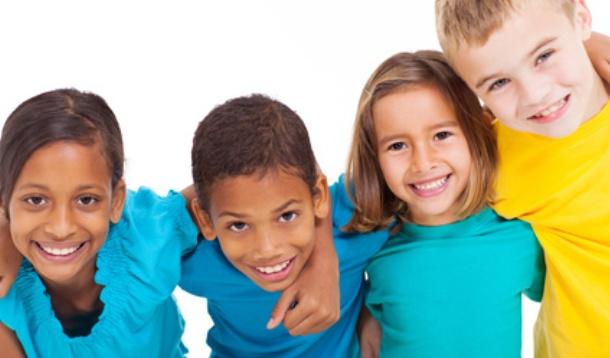
Think twice before uploading that sweet photo of your munchkin on Facebook or Twitter. Especially if you live in France. The country's strict privacy laws could see parents fined $65,000 and jailed if convicted of publishing personal details about their children without consent.
And parents with grown children can't afford to rest easy. Children who sue retrospectively may receive compensation for breach of privacy.
"Children at certain stages do not wish to be photographed or still less for those photos to be made public," said internet law and ethics expert, Eric Delcroix, who warned such lawsuits may soon become a reality.
The warnings follow a recent announcement by the national police, the Gendarmerie (ironically, on Facebook) urging parents to stop posting images of their children on the social media site.
[PRÉVENTION] Préservez vos enfants !Si vous avez suivi Facebook, une chaîne de publication est à la mode en ce moment...
Posted by Gendarmerie nationale on Tuesday, February 23, 2016
"Remember that posting pictures of your children on Facebook is not safe," read the post. "It is important to protect the privacy of minors and their images on social networking sites."
With so much of children's lives being documented online from the day they are born, the warning raises an interesting debate.
Do parents ever have the right to share photos or information about their children on social media? At what point would privacy laws take effect and a child's autonomy come into play - at the onset of puberty or from birth?
After all, privacy settings only go so far. As we know, data lives on and on, even after deletion.
Many of us have come to rely on social media as a means to document our lives (particularly that of our growing children) for friends and relatives. It would be a hard cord to cut.
According to a 2015 social media awareness survey by the University of Michigan, the vast majority of us feel the fear but do it (post) anyway because of a herd mentality. What's troubling is that 51 per cent of parents give away enough personal data alongside photographs to enable a child's location to be identified.
We go online to find our tribe, our community, and to avoid isolation. But there's a catch. What if France isn't simply being a paranoid killjoy, but a front runner when it comes to protecting its children?